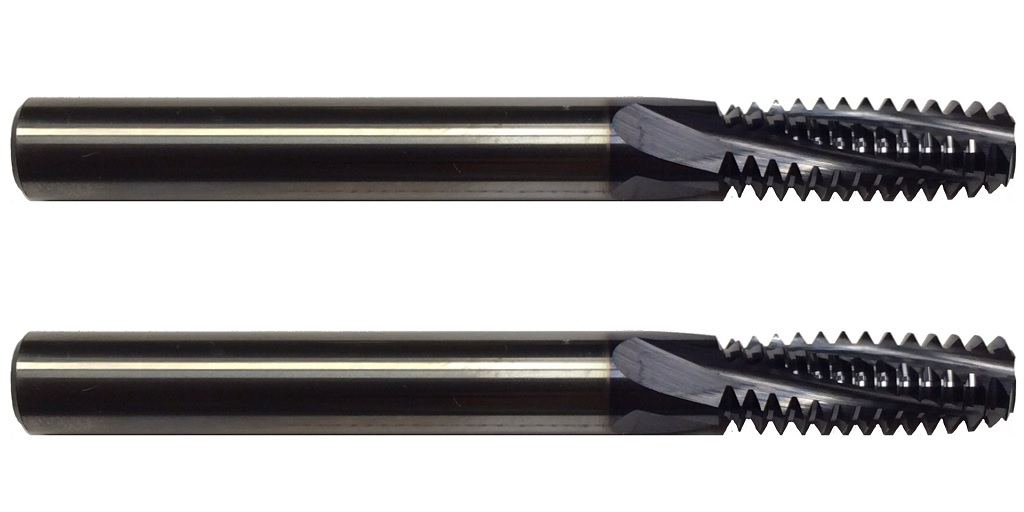Thread milling is a fundamental machining technique that plays a pivotal role in countless industries. It involves the creation of threads or helical grooves on a workpiece using a milling machine, and while it may seem like a small detail, its significance cannot be overstated.
But what is the role of thread milling in the precision and manufacturing industry? Let’s examine why it holds such importance in various sectors.
The Art of Thread Milling
Thread milling, in essence, is the process of cutting threads on materials, typically metals, using specialized tools. This is achieved through the rotation of a cutting tool, known as a solid carbide thread mill, which slowly carves out the desired threads. The precision and accuracy of this process are what make it indispensable in many industries.
Not all thread mills are made of carbide, but solid carbide thread mills are vital in manufacturing due to its precision, versatility, and cost-effectiveness. Solid carbide tools are exceptionally hard and wear-resistant, making them ideal for threading operations.
Thread milling provides superior accuracy and surface finish compared to traditional tapping methods. Its versatility allows for multiple thread profiles and sizes, reducing the need for specialized tools.
Additionally, it is efficient for both through and blind holes, minimizing the risk of tool breakage. Moreover, the longevity of solid carbide tools reduces downtime, making thread milling a crucial process in manufacturing, ensuring high-quality threads while optimizing production efficiency.
Versatility in Manufacturing
Thread milling is not limited to a single industry or application. Its versatility allows it to be employed in various sectors, including automotive, aerospace, medical, and more. Here are a few reasons why it’s a must-have technique:
Precision Engineering
In industries where precision is paramount, such as aerospace and medical device manufacturing, thread milling is a game-changer. It enables the creation of threads with exact specifications, ensuring the seamless assembly of critical components. This level of precision is essential in applications like aircraft engines and medical implants.
Cost Efficiency
Thread milling is a cost-effective solution for creating threads compared to traditional methods like tapping and die-cutting. It reduces material waste and minimizes the risk of damage to the workpiece, ultimately leading to cost savings for manufacturers.
Complex Threads
In some industries, especially in the oil and gas sector, intricate and unique thread profiles are required. Thread milling can handle the creation of complex threads with ease, providing solutions for specialized needs.
Reduced Tool Inventory
A significant advantage of thread milling is that a single tool can produce threads of various sizes and pitches. This reduces the need for a vast inventory of taps and dies, simplifying tool management and storage.
The Future of Thread Milling
CNC (Computer Numerical Control) machines have brought about further improvements in precision and efficiency. Additionally, the development of advanced coatings on thread mills enhances tool life and performance.
Thread milling is not just a machining process; it’s the backbone of precision engineering in numerous industries. Its ability to create threads with unparalleled accuracy, cost efficiency, and adaptability to complex applications makes it an essential technique for manufacturers worldwide.





